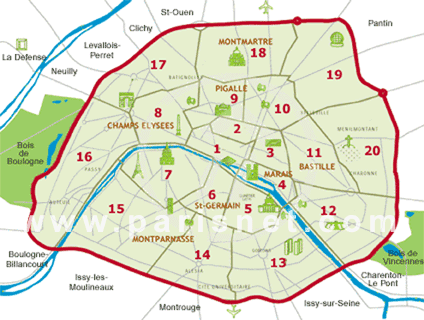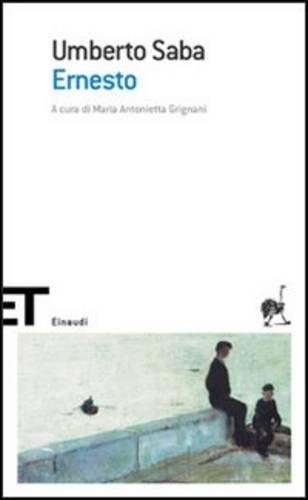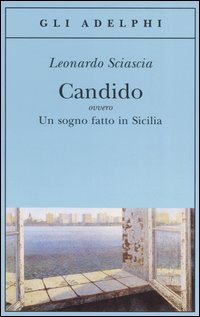[malo nedjeljnih mudrolija]
Ne znam kako se desilo (valjda samo od sebe) da sam ove godine toliko čitao na talijanskom. Kad samo razmislim da sam prvu knjigu na talijanskom pročitao tek prije neke četiri godine... Carofiglio, krimić, lagana literatura. A sad doslovno uzimam što mi prvo padne pod ruku. Povećao sam i brzinu čitanja kod oba jezika: (ako Goodreads ne laže) u pola ove godine pročitao sam isti broj stranica kao cijele prošle godine. (A prošle godine sam bio ponosan na broj knjiga.) To vjerojatno znači da mi se povećao volabular i da je manje novih riječi po stranici (pa opet naletim na riječ kao "nakovanj" koja ti se vrti na tri stranice i nema druge nego je googlati). Definitivno mogu reći da mi čitanje puno manje predstavlja zamor i da se manje gubim u priči, opisima itd. Moguće da je tome pomoglo i intenzivno čitanje jer svaki dan već par godina u kontinuitetu (disciplinirano) pročitam po par članaka dnevno. Skoro pa samo na francuskom. E sad, istina je i da ima dosta prelijevanja: velik broj riječi i izraza koje naučiš u jednom jeziku ima neku svoju sličnu varijantu u drugom. Na ovoj razini (nisam toliko siguran za niže) paralelno učenje dva romanska jezika olakšava posao, to garantiram.
Druga stvar oko koje sam ranije dosta brinuo (a sada više uopće!) je koliko čitanje pomaže slušanju. Pomaže, i to puno. Već par godina ne slušam francuski redovito (prije sam svaki dan vrlo intenzivno slušao hard core pametne podcastove), ali kad povremeno slušam, primjećujem da mi se razumijevanje konstantno povećava. Lakše prepoznajem sve te riječi i izraze iz pisanog jezika. Čak i u filmovima, crtićima, talk-showowima itd. Usudio bih se reći: prije nije bio najveći problem brzi govor nego nepoznavanje velikog broja riječi. Sad kad imam veći vokabular, mogu lakše uhvatiti ritam i koncentrirati se na manji broj nepoznatih riječi (pokušati ih razumijeti iz konteksta). Dobro, istina, što je kontekst neformalniji, tu je veća mogućnost da se izgubim u priči. Ali dosta sam i žargona naučio zadnje vrijeme (ne toliko iz filmova, nažalost).
Još jedna raširena zabluda je da se iz pasivnog čitanja ne uči i aktivno pričanje. Ako i slušam manje nego što čitam, onda definitivno mogu reći da nemam baš puno prilika za dulje pričanje na oba jezika. Pa opet, kad mi se prilika pruži, sve što sam temeljitije pasivno naučio, prelijeva se u aktivno. Tu, naravno, ne mislim na riječi koje sam jednom-dvaput sreo i čije značenje znam samo okvirno (ono nešto za...), njih nema šanse da ću biti u stanju upotrijebiti. Ali riječi i izraze koje sam vidio milijardu puta, a takvih je sve više, koristim vrlo prirodno. Iako, ima jedan dio oralnog jezika, neke vrlo šablonske rečenice koje svakodnevno koristimo i u materinjem jeziku, koje ipak treba učiti u svakodnevnoj komikaciji. Ali to je već native razina.
Planovi su mi sad dosta jednostavni i svode se na: pročitati milijon knjiga i pogledati milijon sati televizije. Ne doslovno.

Ali to i nije teško kad se dođe negdje blizu C2 granice gdje doslovno možeš satima sjediti pred televizijom ili pred knjigom, a da se poslije ne osjećaš kao da si orao i kopao.




